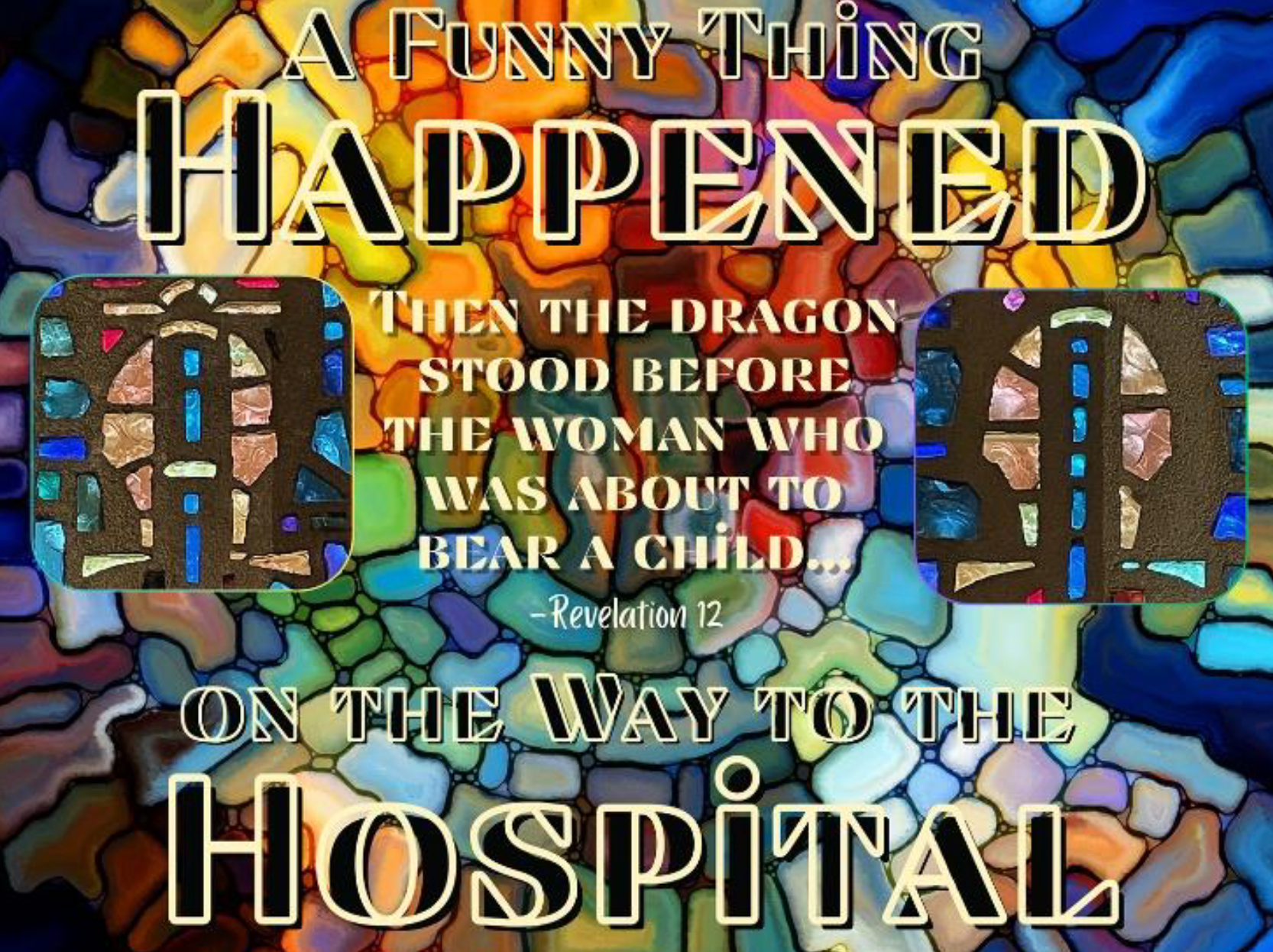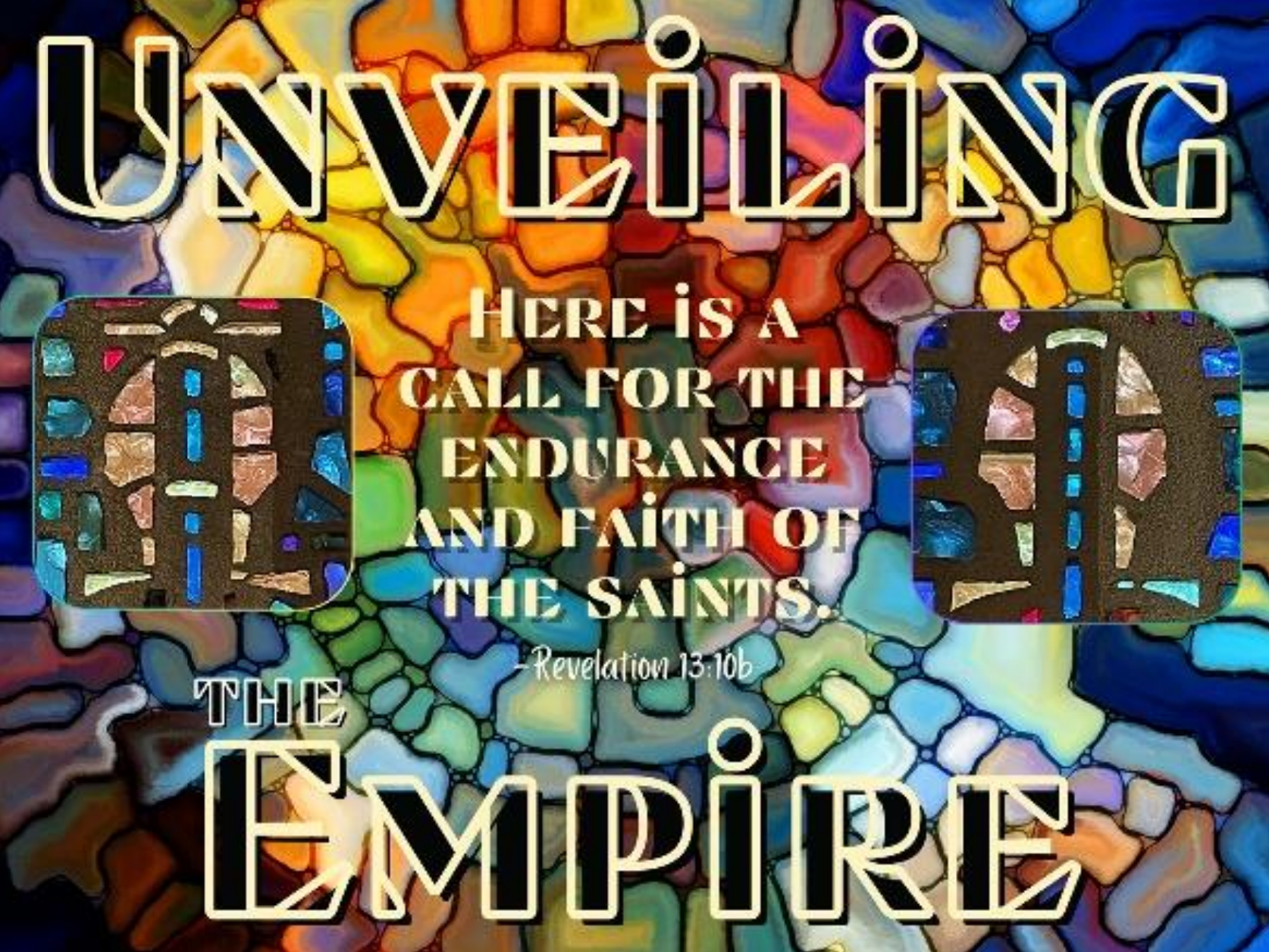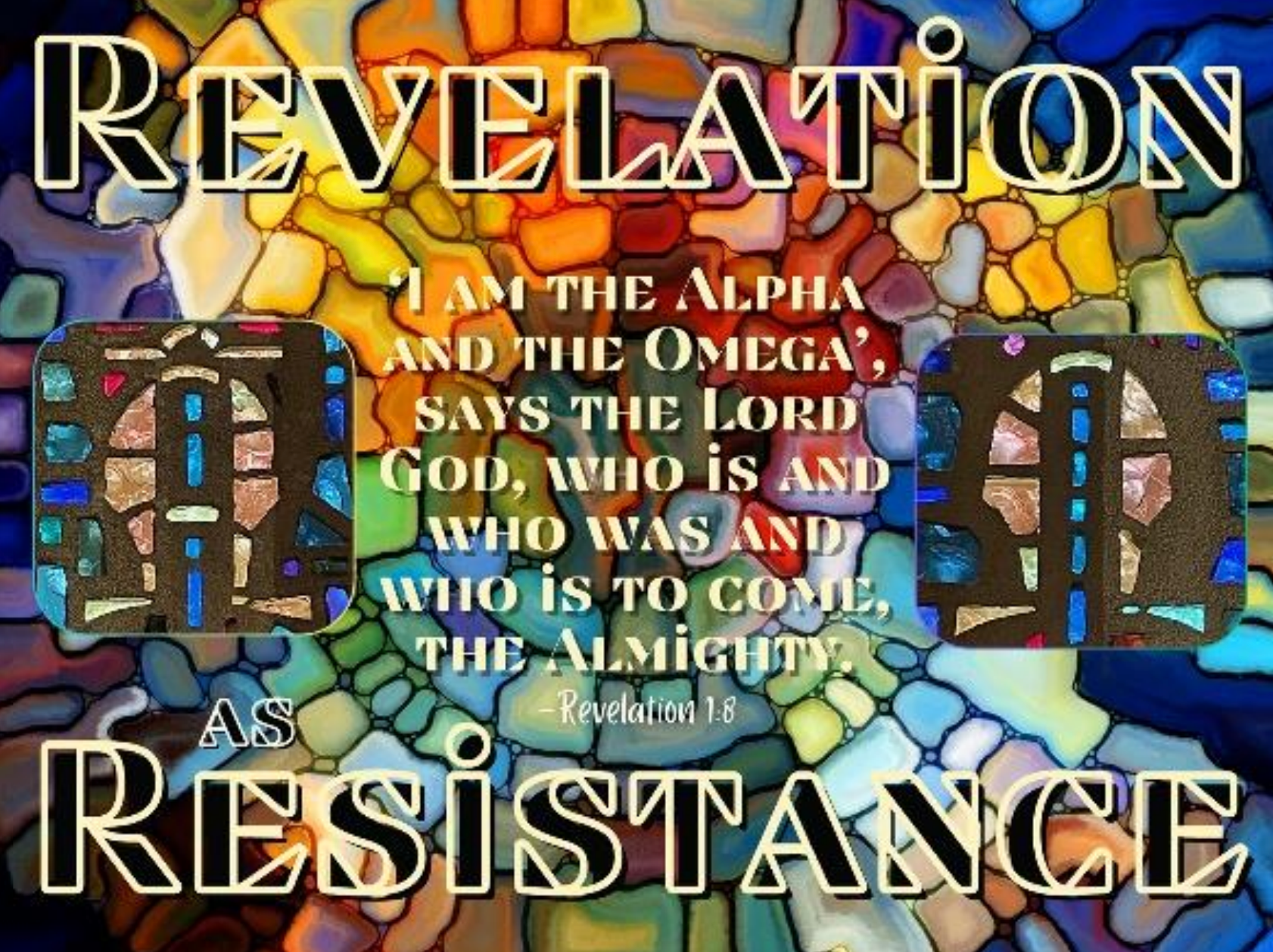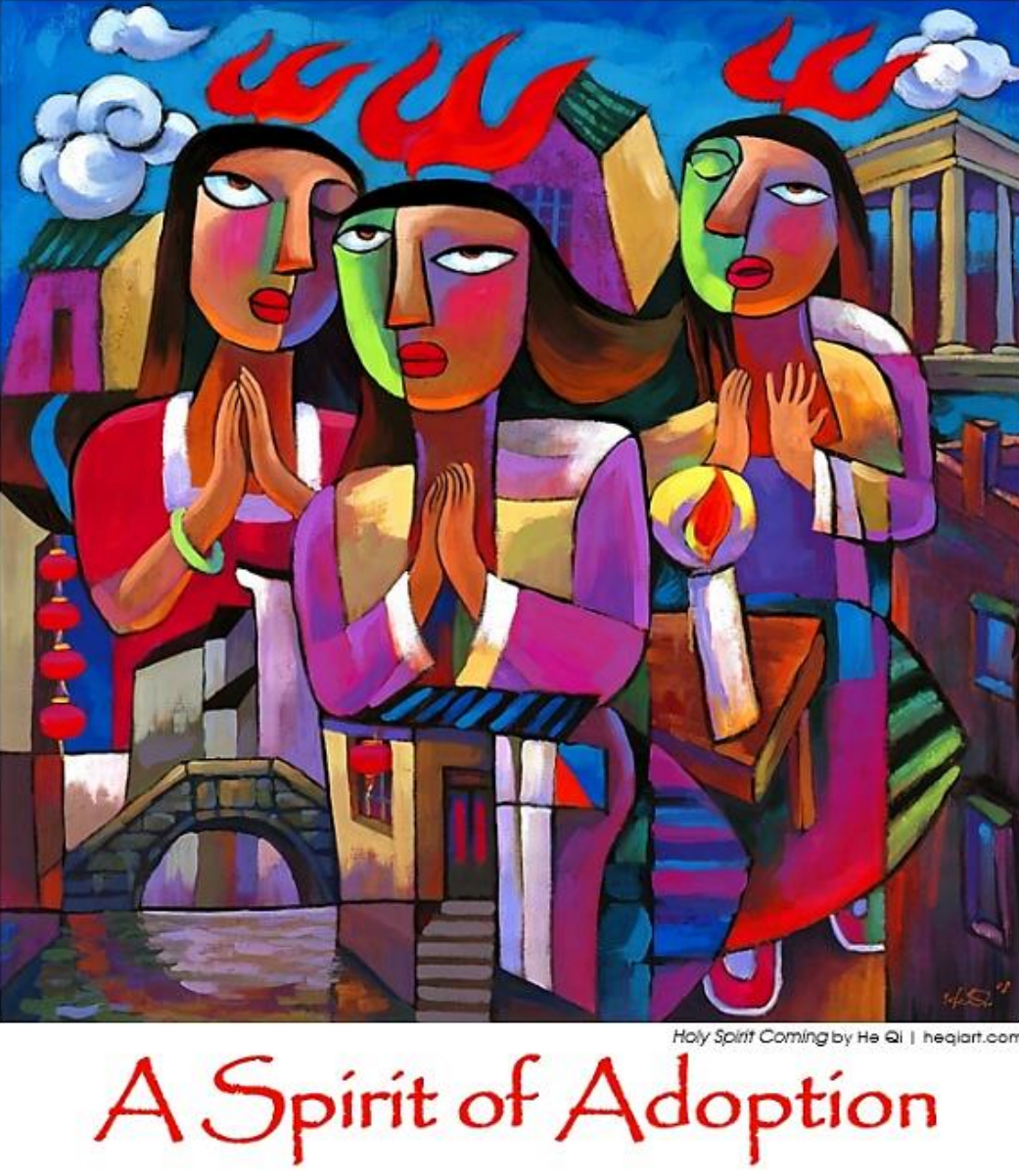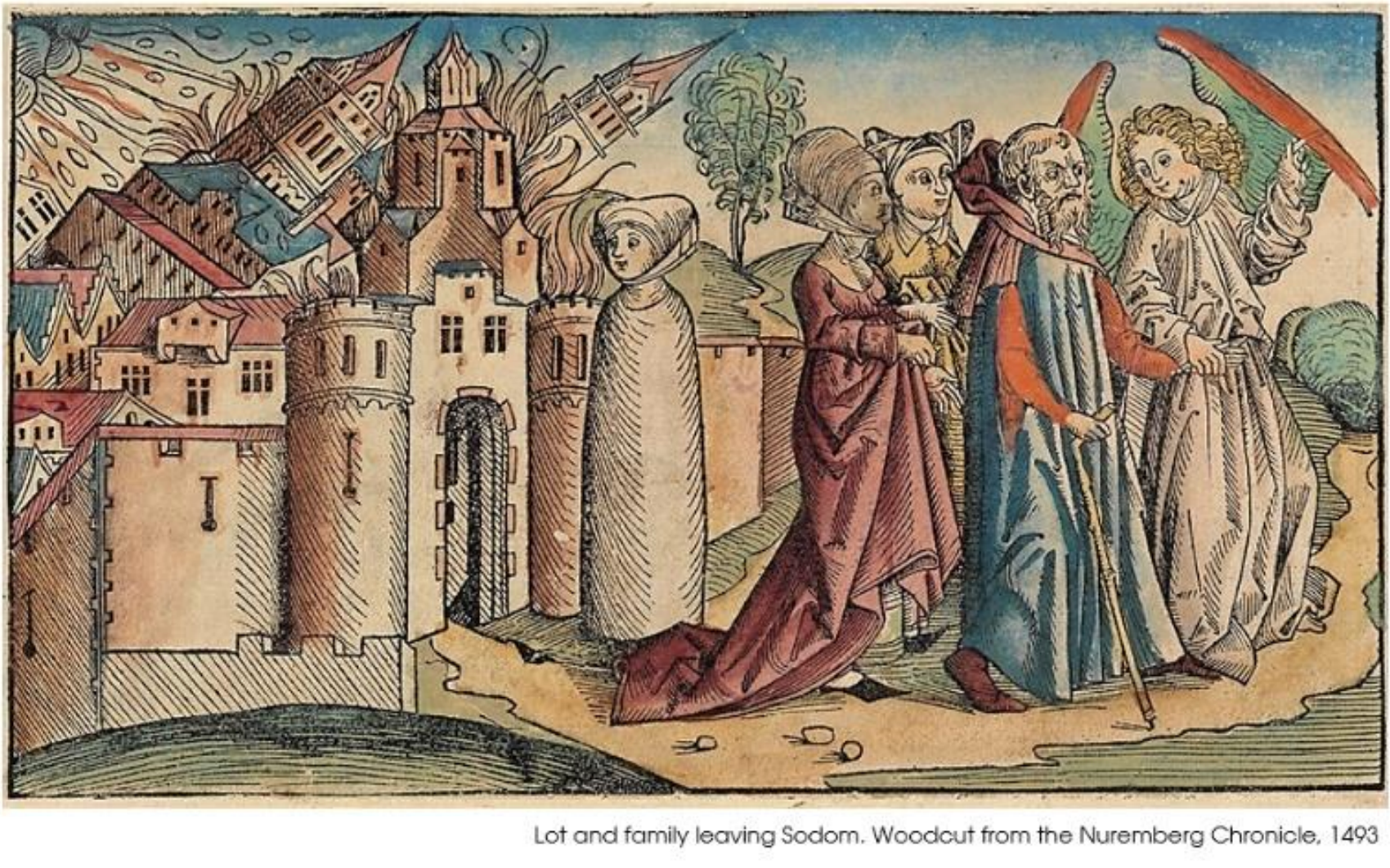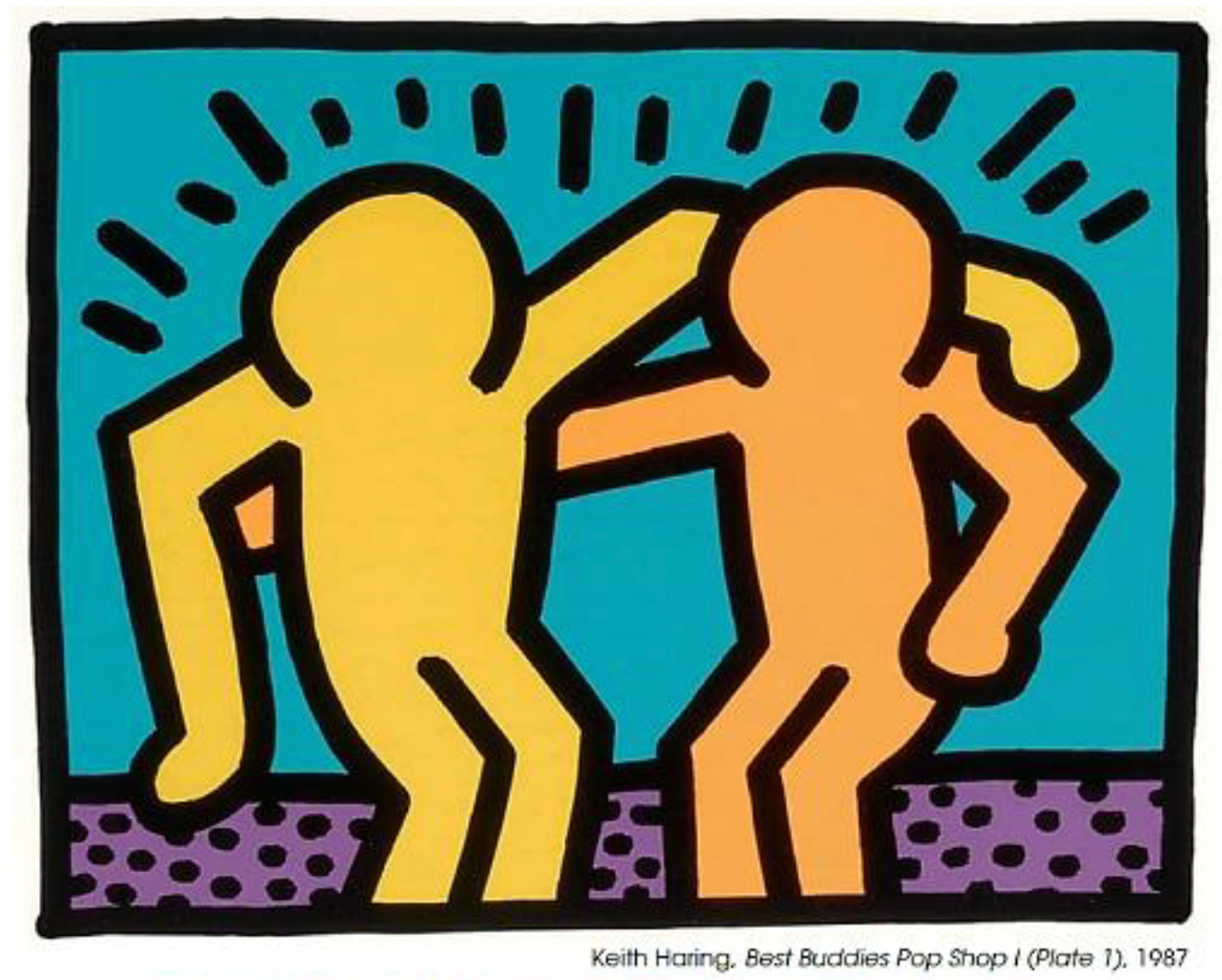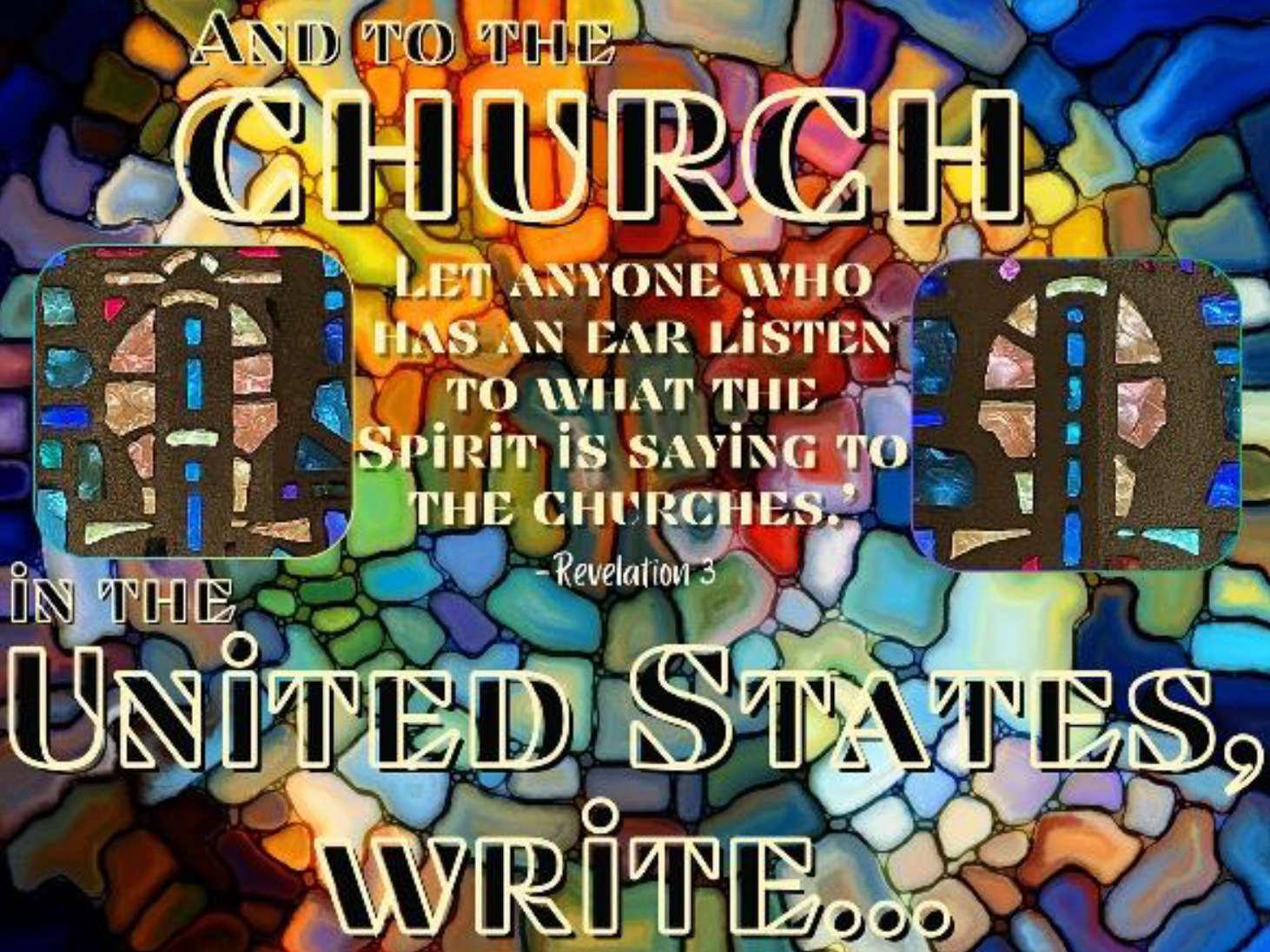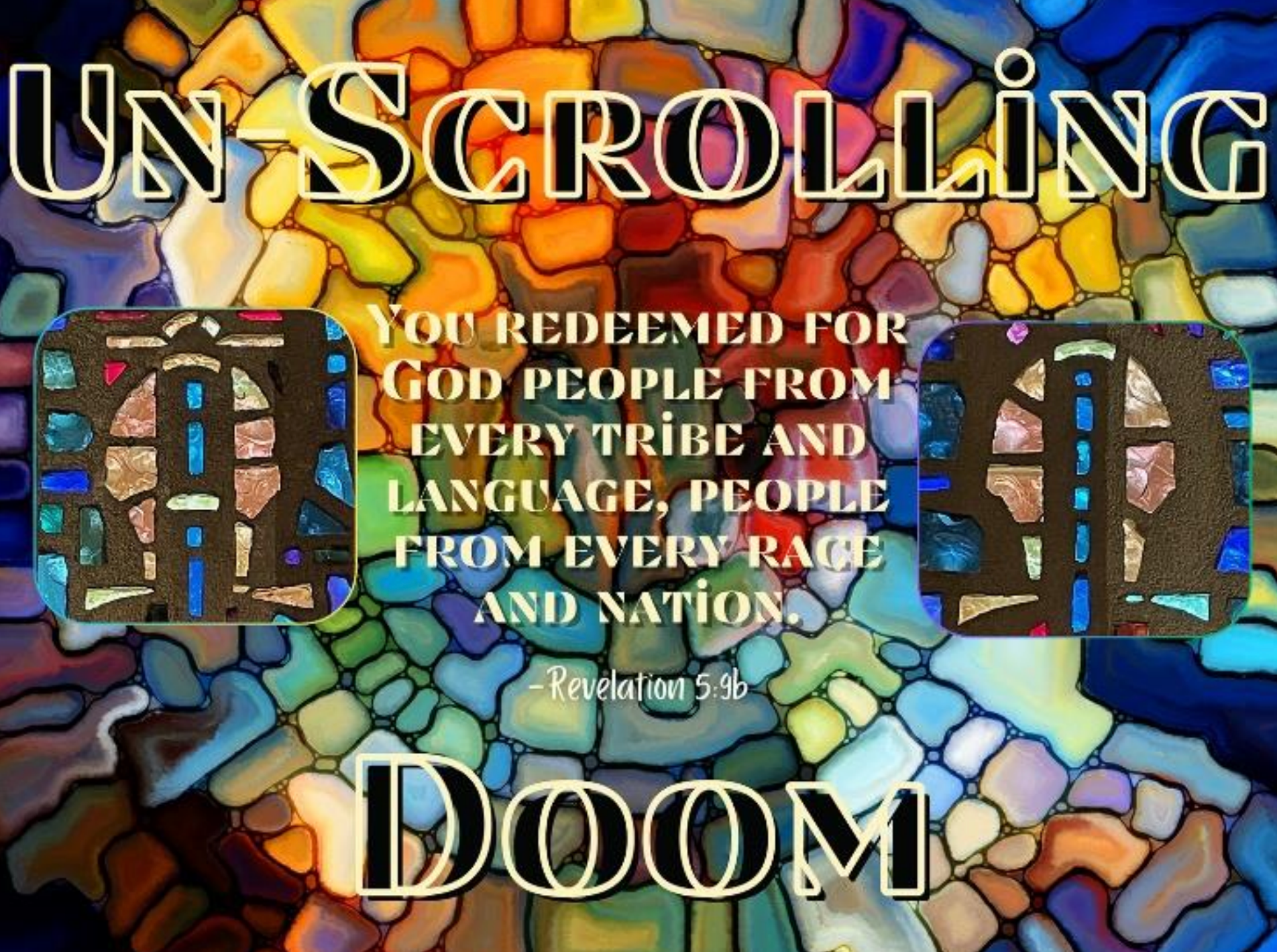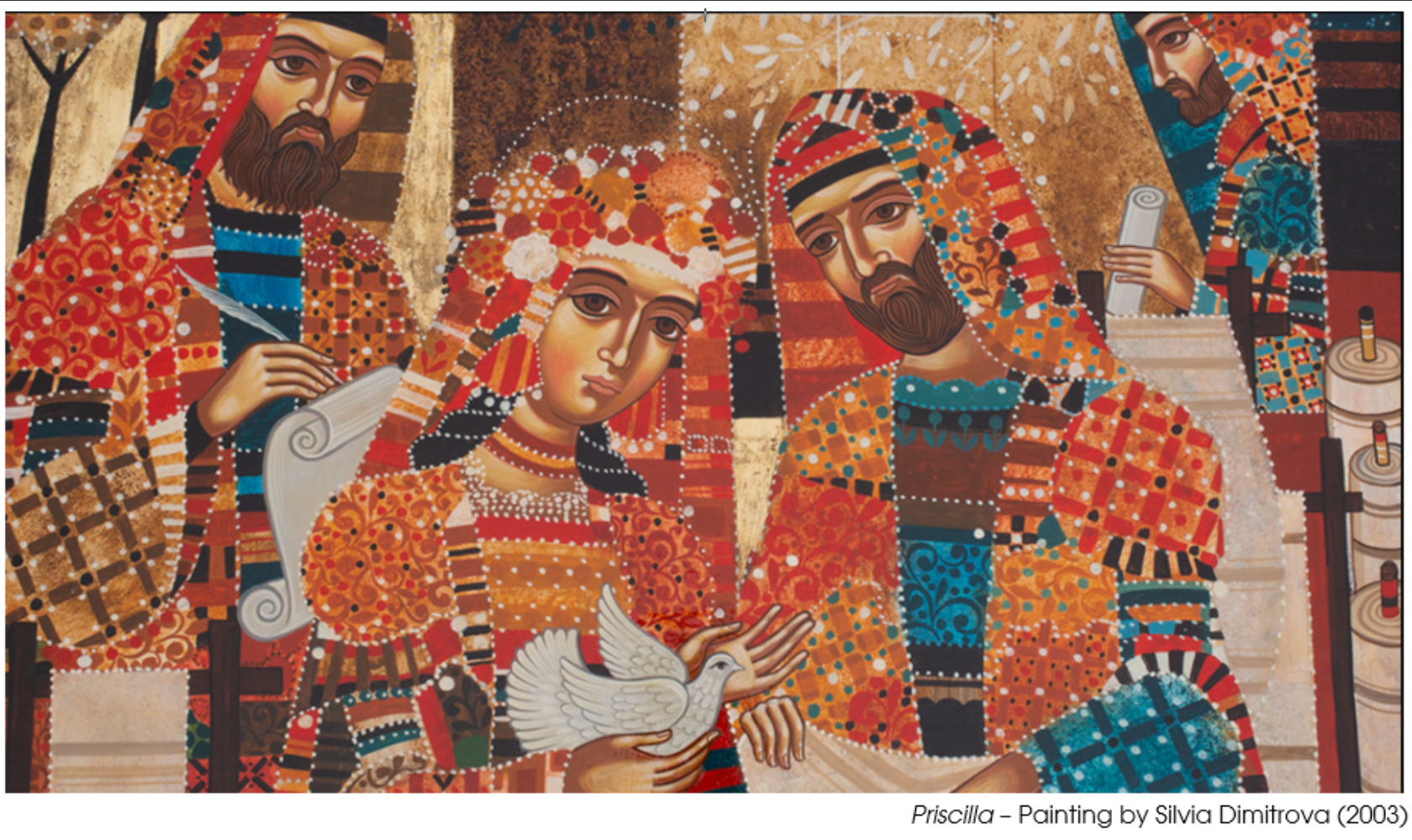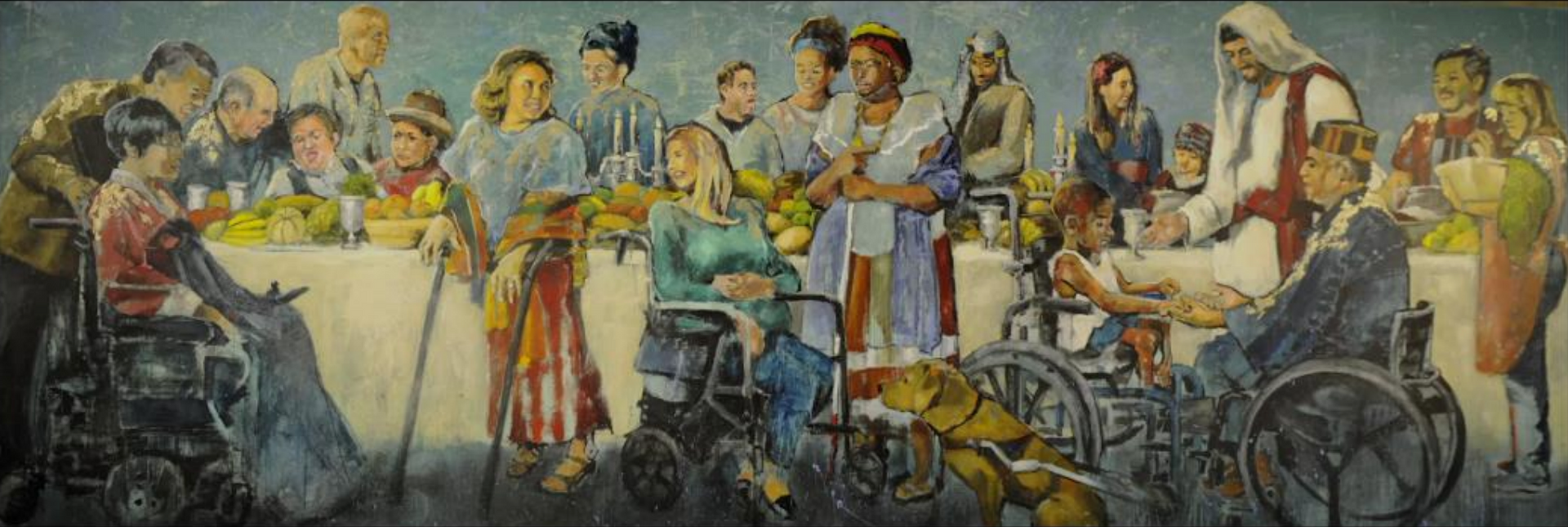Sermon 07.30.2023: Call of Moses
Call of Moses: Once in Midian, Moses tried to lead a life under God's radar. God found him anyway and gave Moses a history-changing assignment: FREE THE PEOPLE! END SLAVERY!
Scripture
Exodus 3:14
Moses was keeping the flock of his father-in-law Jethro, the priest of Midian; he led his flock beyond the wilderness, and came to Horeb, the mountain of God. There the angel of the Lord appeared to him in a flame of fire out of a bush; he looked, and the bush was blazing, yet it was not consumed. Then Moses said, ‘I must turn aside and look at this great sight, and see why the bush is not burned up.’ When the Lord saw that he had turned aside to see, God called to him out of the bush, ‘Moses, Moses!’ And he said, ‘Here I am.’ Then he said, ‘Come no closer! Remove the sandals from your feet, for the place on which you are standing is holy ground.’ He said further, ‘I am the God of your father, the God of Abraham, the God of Isaac, and the God of Jacob.’ And Moses hid his face, for he was afraid to look at God.
Then the Lord said, ‘I have observed the misery of my people who are in Egypt; I have heard their cry on account of their taskmasters. Indeed, I know their sufferings, and I have come down to deliver them from the Egyptians, and to bring them up out of that land to a good and broad land, a land flowing with milk and honey, to the country of the Canaanites, the Hittites, the Amorites, the Perizzites, the Hivites, and the Jebusites. The cry of the Israelites has now come to me; I have also seen how the Egyptians oppress them. So come, I will send you to Pharaoh to bring my people, the Israelites, out of Egypt.’ But Moses said to God, ‘Who am I that I should go to Pharaoh, and bring the Israelites out of Egypt?’ He said, ‘I will be with you; and this shall be the sign for you that it is I who sent you: when you have brought the people out of Egypt, you shall worship God on this mountain.’
But Moses said to God, ‘If I come to the Israelites and say to them, “The God of your ancestors has sent me to you”, and they ask me, “What is his name?” what shall I say to them?’ God said to Moses, ‘I am who I am.’ He said further, ‘Thus you shall say to the Israelites, “I AM has sent me to you.” ’
Sermon Text
Slavery & Freedom
Exegesis of Haring’s “Moses and the Burning Bush”
Back in 2015, when my husband Lou and I visited the Keith Haring exhibit at the deYoung. The painting on your bulletin cover, Moses and the Burning Bush, took my breath away. It radiates energy. It is gigantic. It’s so big and so wild, it took me a long time to discern Moses standing there on the left, wearing—what is that shaman-like headdress? a dragon? or sea monster? Notice his bare feet as he dances around the fire. There he is, the central figure of the Hebrew Bible, second only to God. This painting imagines the moment God calls Moses to deliver God’s people from slavery. Sometimes I see a heart-shaped torso in the burning bush, the bush’s branches becoming God’s limbs.
Let God find You
Not only are we on the sacred ancestral ground of the Ohlone. We sit on holy ground where generations of San Franciscans have worshiped God. In these very pews, inspired by these very windows, under the very roof. As we examine the story of Moses and the bush, if you are so moved, feel free to join him in removing your shoes to reverence for this holy ground.
God is still trying to call us to free the people, to end slavery, to heal, to love. A large part of coral reef in the Florida Keys died this week. That’s a burning bush message writ large. Amidst all of our personal concerns and communal divisions, you know what? This is yet the day the Lord has made, and we will rejoice and be glad. We live in a place of unsurpassed beauty, able and alert to enjoy it. So, put down what you’re carrying. We are safe here. We are blessed. We are together. From “Lost” by David Wagoner
Stand still. The trees ahead and bushes beside you
Are not lost. Wherever you are is called Here,
And you must treat it as a powerful stranger…
If what a tree or a bush does is lost on you,
You are surely lost. Stand still. The forest knows
Where you are. You must let it find you.
Prophesy. Who? Me?
The call of Moses is the call of the prophet. Prophets not only see into the future, they also see the present extra-clearly. “There are two ways of being a prophet, [writes Richard Rohr] One is to tell the enslaved that they can be free. It is the difficult path of Moses. The second is to tell those who think they are free that they are in fact enslaved. This is the even more difficult path of Jesus.” We will keep it simple(r) and stick with Moses this morning.
Moses, Egyptians, Religion & Skin Color
Moses was an Israelite born on Egyptian soil at a time when the Pharaoh had ordered all such newborn boys put to death. When his mother couldn’t hide him anymore, she wrapped Moses in a swaddling clothes and laid him in a basket. Pharaoh’s daughter found him and called him Moses. In Egyptian, Moses means “son” but she, suspecting he was a Israelite, chose Moses as his name, which means in Hebrew “to draw out, to extract” since she had pulled Moses out of the Nile.
The Israelites and the Egyptians looked enough alike for Moses to pass during his growing up years. Race, after all, is a construct, the original divisive method of controlling the people.
Lou and I have a dear friend Lynne. Lou is blind. Lynne is Black. Lou did not know that for years. One night he was sitting in on a rehearsal that Lynne was leading, after she referenced her skin color, Lou blurted out from the back row, “Why didn’t you tell me Lynne was Black?” Why didn’t we? Perhaps I had fallen spell to mistaken assumption that white people should pretend to be colorblind to race.
“Colorblind to race” is not the solution because racism is not about the individual. Racism is about the history of nations, how certain groups were subjugated, and how we live with what our history has produced. There is no upside of slavery. Moses says, “Let my people go. ” He does thank Pharaoh for teaching them skills that could be “parlayed” in the future. That would be obscene. We can disagree on details or tone, but we cannot make slavery into something palatable. It’s not about you, it’s not about me, it’s about the history of us. And it’s not just about this country. It’s a global history that must be addressed in every locality, by every group and individual.
Telling the truth is the first step to healing.
The Midian Hide Out
Exodus 3 begins with Moses hidden out in Midian, tending Jethro’s flocks and hoping nobody will find him out as the murderer of an Egyptian slave driver. Moses is avoiding reality. He just wants to be left alone. How many of us are hiding out in our own private Midians, avoiding life? If Exodus 3 teaches us anything, it’s that we waste our lives when we hide from God’s call.
No hiding place down here.
No hiding place down here!
I went to the rock, tried to hide my face,
The rock cried out “no hiding place!”
No hiding place down here!
How God Called the Likes of Me
I felt that paralyzing quiet desperation, the fear that someone might find me out. I tried to hide from God, from everybody. Since we’re in a sermon series on answering God’s call, let me share my call story.
It began when I was a child. Children know who they are. In the second grade, I realized that I was different. And not in a socially acceptable way in my small town. I did not have words to describe it, but I was deeply troubled that I found both Starsky and Hutch kinda cute. I soon realized that for my survival, I had better start hiding and real quick.
My Midian was my music. Practicing the piano is a solitary exercise. By my senior year in high school, I was competitive pianist and was allowed to design an independent study period in preparation for my senior recital. The local Methodist church, my church, allowed me to practice on the grand piano in the sanctuary.
Flashback
It’s 1982. I am in the same sanctuary where I sing in the choir, but now I am alone. I am 18, and the truth of who I am eats me alive. Our pastor will later go on to lead Methodist denomination’s split over his hate for gay people, and his son would come out in a few years, proving that God is real. But today, it’s just me and my pain. That song about “don’t try this in a small town” is a bit too true. I kneel on the blood-red velvet altar cushion and fold my hands and pray: If I am an abomination as the preacher claims and disgusting to You and meant only for evil, I ask you my God, either change me or kill me, end my life. Right here and now. I don’t want to be a disgrace. I don’t want to humiliate my family. Either fix me or take me, but, in Jesus’ name, let this pain end. There are teenagers the world over that pray that prayer.
I hold my breath as sadness sinks through me. I shut my eyes tightly and beg again. I wait a long time. I rise from the altar as thoughts of death give way to something new. Still, I didn’t answer the call. I hid out in my musical Midian for another decade until God showed me a burning bush I could not ignore.
Perhaps the most gifted pianist I will ever knew was Paul Samaudio. He and I were inseparable friends throughout our years at Indiana University. Around 1991, he moved back home to Milwaukee after testing positive for HIV. Paul was advised by his family’s Catholic priest to discontinue his medications and accept God’s will that he should die. I decided then to somehow answer the call I had felt forever, to protect the flock from wolves. First John 3:15: “All who hate a brother or sister are murderers.” Hate kills joy. Hate intimidates and causes children to consider death. That same mistaken and tragic hate took Paul’s life.
The day I decided to let go of fear and tell the truth was the day I began to be free. As Roberta Flack reckoned, I needed to Pharaoh. Oh my people, let Pharaoh go. You don’t need him. You don’t need his trinkets. The only thing you’ve got to do to let him go is to let him go. I promised God that I would live honestly as I can, freeing myself from the Pharaohs within.
End Slavery in Every Way You Can
The Levitical Law— and I most certainly will quote Leviticus for my own purposes—states clearly that God’s people shall not be slaves. God’s call to Moses is the same to you and me. Free the people. End slavery. In Hebrew the word for Egypt is translated “the narrow place”. Slavery in Egypt confined God’s people, constricted their way of life, dividing them from the dominant culture, holding them back in body, mind and spirit. You with me? The Bible is alive, its stories are still unfolding. Rabbi Nachman of Bratzlov teaches, “The Exodus from [the Narrow Place] occurs in every human being, in every era, in every year, and in every day.”
“If there is no struggle, there is no progress,” said the great Frederick Douglas. “Power concedes nothing without a demand. It never has and it never will. The limits of tyrants are prescribed by the endurance of those whom they oppress.”
There are two ways of answering God’s call to free the people. The path of Moses: tell the enslaved that they can be free. The path of Jesus: tell those who think they are free that they are in fact enslaved. We will not overcome slavery until we do it together.
Blessing
You will have to discern
whether you have
defenses enough
to rebuff the call,
excuses sufficient
to withstand the pull
of what blazes before you…
You will know your path
not by how it shines
before you
but by how it burns
within you,
leaving you whole
as you go from here
blazing with
your inarticulate,
your inescapable
yes.
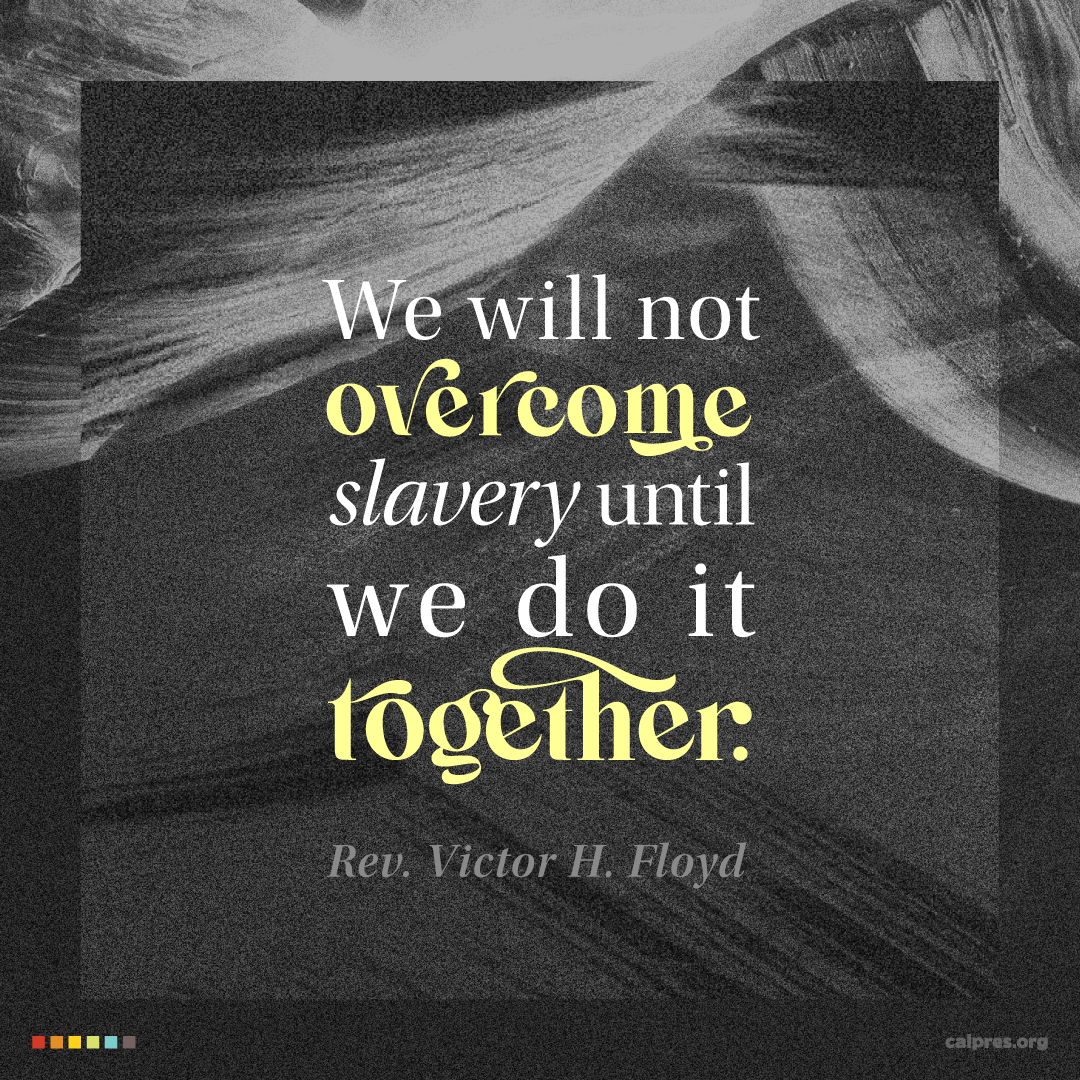
Art by Jess Churchill
